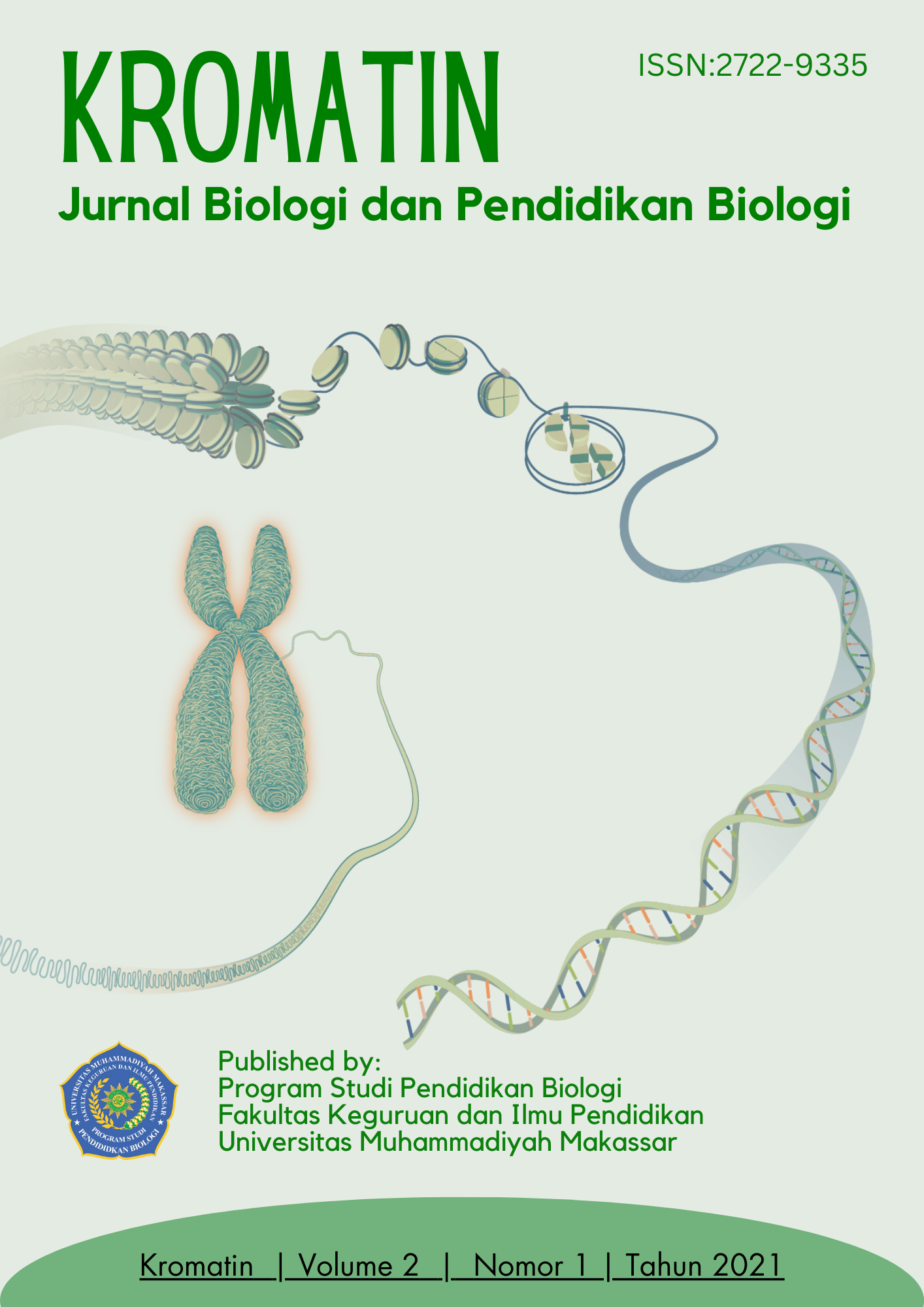Peningkatan Hasil Belajar IPA pada Konsep Ciri-Ciri Makhluk Hidup Melalui Pendekatan Inquiry Di SMP Negeri 2 Batang
Abstract
Science learning is carried out on various types of learning approaches that can be used by teachers. The use of one type of learning approach that is suitable for one concept, is not necessarily suitable for another concept. In addition, the use of the learning approach in the concept is carried out individually or can also be done by combining one approach with another approach. This is based on the fact that each teaching approach, in addition to having its own advantages, also has disadvantages. This research is a classroom action (action research classroom) which aims to determine the increase in learning outcomes of the concept of the characteristics of living things through an inquiry approach at SMP Negeri 2 Batang. Based on the results of the research and discussion that have been described, it can be concluded that there is an increase in the learning outcomes of class VII students who are taught using the inquiry approach to the concept of the characteristics of living things, where the average value of students in the first cycle is 47.31 which is in the first cycle. the low category and the average value of the students' scores in the second cycle was 71.22 which was in the high category. Keywords: inquiry, junior high school 2 sticks, ptkReferences
Angkowo. 2007. Optimalisasi Media Pembelajaran. Grasindo. Jakarta.
Anonim. 2001. Metode-Metode Pembelajaran. PT Rosdakarya. Bandung.
Anonim. 2002. Belajar dan Teori Belajar. Bumi Aksara. Bandung.
Anonim. 2003. Kamus Bahasa Indonesia Edisi Ke Tiga Pusat Bahasa. Departemen Pendidikan Nasional. Balai Pustaka. Jakarta.
Arikunto. 2001. Prosedur Penelitian. PT. Rineka Cipta. Jakarta
Djamarah, S.B. & Zain, A. 2006. Strategi Belajar Mengajar. Rineka Cipta. Jakarta.
Hamalik, Oemar. 2001. Proses Belajar Mengajar. Cet I. PT. Bumi Aksara. Jakarta.
Mukhtar. 2005. Metode Pembelajaran yang Berhasil. PT. Nimas Multima. Jakarta.
Mulyasa. 2006. Implementasi Kurikulum 2004 Panduan Pembelajaran KBK. PT Rosdakarya. Bandung.
Nasution. 1991. Psikologi Pendidikan. Depdikbud. Jakarta.
Roestiyah, N.K. 1991. Strategi Belajar Mengajar. Rineka Cipta. Jakarta.
Sagala. 2003. Konsep dan makna Pembelajaran. Alfabeta. Bandung
Sardiman, dkk. 1992. Ilmu Pendidikan. Remaja Rosdakarya. Bandung.
Slameto. 1995. Belajar dan Faktor yang Mempengaruhinya. Bina Aksara. Jakarta
Sudjana. 2005. Penilaian Proses Belajar Mengajar. PT Remaja Rosdakarya. Bandung
Sulastri. 2005. Pengaruh Metode Pendekatan Inquiry Terhadap Hasil Belajar IPA Sains Siswa Kelas VII di SMP Negeri I Pallangga Kab. Gowa. Skripsi. UNM. Makassar.
Suprayekti. 2004. Interaksi Belajar Mengajar. Departemen Pendidikan Nasional Direktorat Jenderal Pendidikan Dasar dan Menengah Direktorat Tenaga Kependidikan. Jakarta
Syah. M. 1997. Psikologi Pendidikan Dengan Pendekatan Baru. PT Rosdakarya. Bandung.
Widiastuti. 2004. Peningkatan Hasil Belajar Sains Melalui Penerapan Pendekatan Inquiry Siswa Kelas VVII di SMP Negeri I Mare Kab. Bone. Skripsi. UNM Makassar.
Winataputra. 2001. Model-Pendekatan Inovatif. PAU-PPAI. Jakarta.
Downloads
Published
Issue
Section
License
Authors who publish with this journal agree to the following terms:
1. Authors retain copyright and grant the journal right of first publication with the work simultaneously licensed under a Creative Commons Attribution 4.0 Internasional License that allows others to share the work with an acknowledgement of the work's authorship and initial publication in this journal.
2. Authors are able to enter into separate, additional contractual arrangements for the non-exclusive distribution of the journal's published version of the work (e.g., post it to an institutional repository or publish it in a book), with an acknowledgement of its initial publication in this journal.
3. Authors are permitted and encouraged to post their work online (e.g., in institutional repositories or on their website) prior to and during the submission process, as it can lead to productive exchanges, as well as earlier and greater citation of published work.
Licence:
Authors are free to:
1. Share: Copy and redistribute the material in any medium or format
2. Adapt: Remix, transform, and build upon the material for any purpose, even commercially.
The licensor cannot revoke these freedoms as long as the authors follow the license terms, which include the following:
1. Attribution: Authors must give appropriate credit, provide a link to the license, and indicate if changes were made. Authors may do so in any reasonable manner, but not in any way that suggests the licensor endorses the authors or authors’ use.
2. No additional restrictions: Authors may not apply legal terms or technological measures that legally restrict others from doing anything the license permits.
This work is licensed under a licensed under a Creative Commons Attribution 4.0 Internasional License/ CC BY 4.0.


